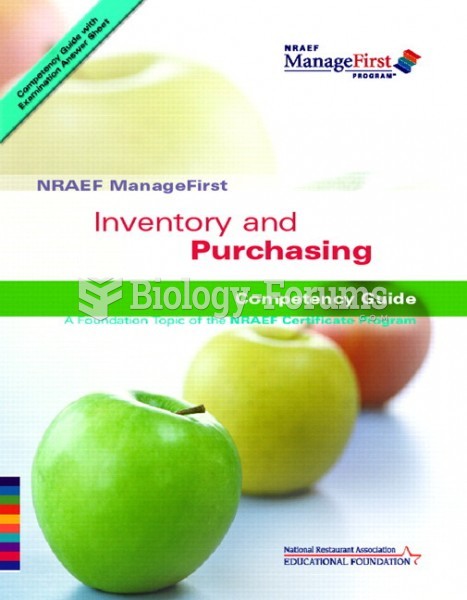Answer to Question 1
Why Choose a Farmers' Market?
1 . They help develop a food culturea variety of foods that are commonly grown in the local area can be displayed and purchased seasonally.
2 . Foods are less processed, and less packaging is used. This creates less waste, which is good for the environment. Moreover, energy resources used to transport foods produced in more distant areas can be saved, thus helping to diminish the size of the region's ecological footprint.
3 . Foods are usually fresher. Most of the foods have been picked within 24 hours of purchase and have not been frozen or treated with preservatives.
4 . Farmers' markets encourage healthier food choices by promoting fresh-picked seasonal fruit and vegetables.
5 . Farmers' markets boost local economies because the food distributor (middleman) is eliminated. Thus, the farmer's income is more likely to be reinvested within the community.
Answer to Question 2
When farmers first began using pesticides, they chose potent ones: chemicals designed to keep on killing for as long as they remained in the soil. Unfortunately, after years of widespread pesticide use, some unsettling side effects of the chemicals surfaced. They washed from the soil into lakes, rivers, and oceans, contaminating water supplies; they poisoned farmworkers, who breathed the chemicals day in and day out; they endangered many species of wildlife, disrupting the animals' abilities to reproduce and wiping out entire populations; and, most disturbing, they would not go away.
In the 1960s, scientists observed that a popular pesticide called DDT had begun accumulating in the body fat of animals. DDT threatened the survival of the American eagle by weakening eggshells to the point of collapse, killing the developing chicks inside. DDT also appeared in big fish, carnivorous animals, people, and human breast milk. Finally, after years of widespread agricultural use, the United States banned DDT. However, the pesticide still lingers in the environment. Many foreign countries continue to use DDT, including countries from which the United States buys produce. Regrettably, despite the U.S. ban on DDT, U.S. companies are still allowed to sell it (as well as other banned pesticides) to countries where DDT use remains legal. This practice may come back to haunt us, however, when we buy imported produce that has been exposed to DDT. In addition, the DDT situation illustrates the need to consider environmental issues from a global perspective; residues of chemicals banned in one country can travel the entire world not only through the imported and exported foods but also through wind, rain, and waterways.







